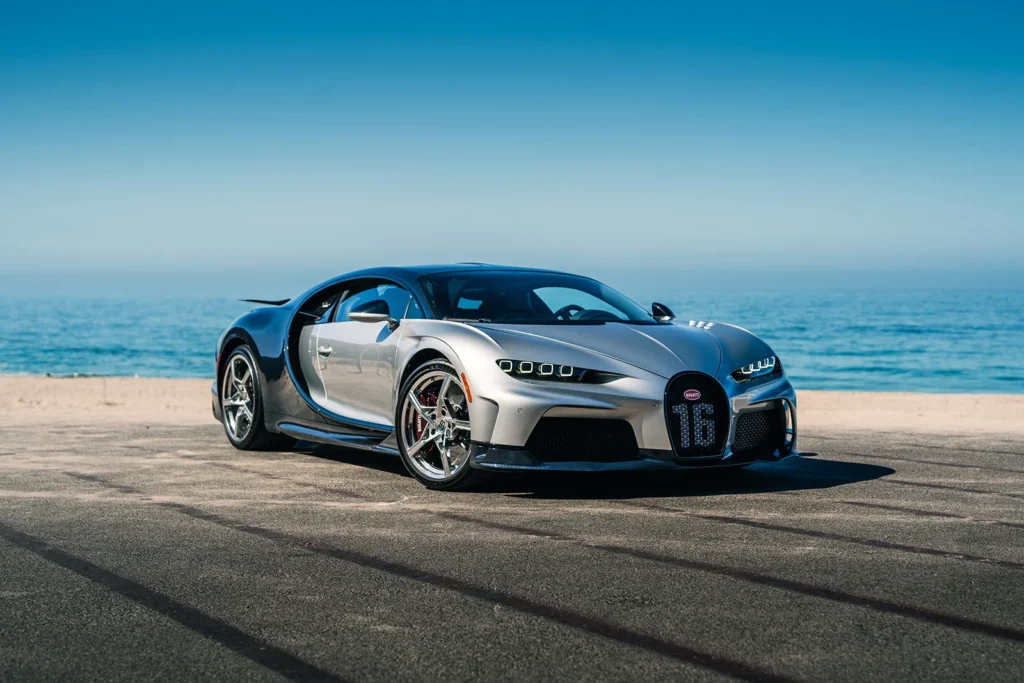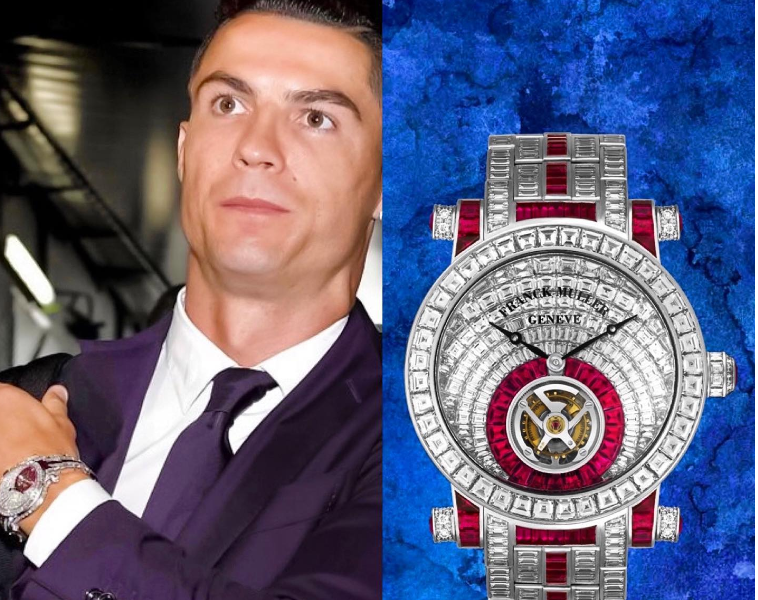From designer handbags to high-end cars, luxury purchases have an undeniable grip on people’s desires. Some see them as a symbol of success, while others just enjoy the thrill of owning something exclusive. But why are people so crazy about luxury purchases?
Is it about status? A sense of accomplishment? Or are luxury brands just really good at marketing? Let’s dive into the psychology behind this obsession and uncover why luxury spending is more than just a shopping habit—it’s a powerful social phenomenon.
The Psychology Behind Luxury Purchases
1. Status and Social Proof: The Need to Impress
One of the biggest reasons people chase luxury is simple: status. Owning luxury items signals success, wealth, and exclusivity. People want to feel admired, and in today’s social media-driven world, flexing a high-end purchase can bring instant validation.
A study published in the Journal of Consumer Research found that people buy luxury goods not just for their quality but for their social signaling power—essentially, to show others they have wealth and taste (source).
Real-Life Example:
When Kylie Jenner posts a picture with a $100,000 Hermès Birkin bag, it’s not just about fashion. It’s a status symbol, making others want the same luxury—even if they can’t afford it.

2. Emotional Satisfaction: The “Feel-Good” Factor
Luxury purchases aren’t just about showing off—they make people feel good. The excitement of buying something high-end creates a dopamine rush, the same chemical that makes us feel pleasure and happiness.
According to a 2023 study by the Harvard Business Review, people tend to buy luxury items during emotional highs and lows—whether to celebrate success or to uplift themselves during stressful times (source).
Real-Life Example:
Many people buy their first luxury watch or bag after a big achievement—a promotion, a business milestone, or even a breakup. It’s more than just shopping; it’s about self-reward.

3. The Power of Branding and Exclusivity
Luxury brands are masters at creating desire. They don’t just sell products; they sell a lifestyle.
- Limited-edition collections
- High price tags that make them seem exclusive
- Celebrity endorsements that make them aspirational
This creates a scarcity effect—the rarer something is, the more people want it. In fact, a Bain & Company report found that exclusivity is one of the top three factors driving luxury purchases worldwide (source).
Real-Life Example:
Nike’s limited-edition sneakers sell out in minutes, not because they are better shoes, but because they are rare. The harder something is to get, the crazier people become about owning it.
4. The Social Media Influence: “If You Don’t Post It, Did It Even Happen?”
In today’s world, social media fuels luxury obsession. Seeing influencers, celebrities, and even friends showcasing luxury purchases makes people feel the urge to keep up.
A study by McKinsey & Company found that social media drives over 50% of luxury brand sales, with younger generations relying on platforms like Instagram and TikTok for shopping inspiration (source).
Real-Life Example:
Have you noticed how people unbox their Apple iPhones in slow-motion videos? Apple mastered the luxury branding game, making their products feel like a status symbol—even though millions own them.

Fun Facts About Luxury Purchases
Luxury brands make items more expensive ON PURPOSE—to create exclusivity and desire. (Bain & Company report)
The most expensive car ever sold? A 1955 Mercedes-Benz SLR, auctioned for $143 million. (CNN)
The Hermès Birkin bag isn’t just a handbag—it’s an investment. Some models have higher resale values than gold! (Business Insider)
Rolex watches increase in value over time, making them a status symbol and a financial asset. (Forbes)
Psychologists found that people feel more powerful when wearing luxury brands—even if no one sees them. (Scientific American)
Conclusion: Is Luxury Worth the Hype?
So, why are people so crazy about luxury purchases? Because it’s more than just shopping—it’s about status, emotions, exclusivity, and social influence. Luxury items make people feel successful, boost confidence, and, let’s be honest, they look amazing.
But is it all worth it? That depends. If luxury makes you happy and you can afford it, go for it. But if you’re only buying luxury to impress others, maybe it’s time to ask yourself: who are you really buying it for?
One thing is certain—luxury will always be desirable, and as long as brands keep creating that “must-have” feeling, people will keep chasing it.
